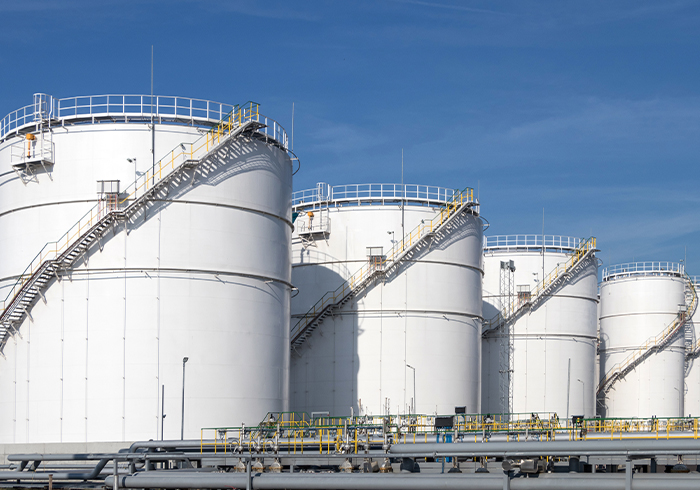Administrators of collapsed UK energy conglomerate Prax say there is “a large hole” in a £780mn receivables securitisation facility the group used to fund its operations.
A lawyer for Teneo, the administrators, told an August 26 court hearing in London they are urgently seeking information about the location of funds that were drawn from the facility.
Prax, which comprised at least six companies, entered administration in June during a liquidity squeeze that saw its main oil supplier, Glencore, take security over refined products produced by the group.
Administrators have since filed a claim against the group’s former chief executive, Winston Sanjeevkumar Soosaipillai, for breach of fiduciary duties, according to court records.
Since the group collapsed, the administrators say they have unearthed “irregularities” relating to the invoices captured by the receivables securitisation facility, which was arranged by HSBC in 2021.
Under the facility, several Prax entities sold trade receivables to a special purpose vehicle, which then issued tranched securitisations to international financial institutions. Prax had previously disclosed the note purchasers as HSBC, Citi, JP Morgan, Royal Bank of Canada and NordLB. Administrators have not said how much money those institutions were owed at the time of the insolvency.
HSBC was also the agent for the facility and is working with administrators, according to a corporate filing from Teneo. The lender declined to comment.
At the August 26 hearing, lawyers for Teneo sought to compel two financial controllers of the Prax Group to provide information to the administrators about the operation of the securitisation facility.
The judge presiding over the case ordered the employees to provide written answers and attend a subsequent in-person meeting with administrators.
Trade finance exposures
Prax also previously had trade finance and other credit lines from several lenders through group entity Prax Petroleum Limited. All outstanding sums under those facilities had been repaid at the time of the administration, according to a Teneo report published last week.
Lenders included specialist Swiss trade finance banks Bric-Bred and Banque de Commerce et de Placements, as well as Natixis, Raiffeisen and the Quintar Kimura Special Credit Fund. HSBC has a €4mn exposure to Prax Petroleum that is expected to be largely covered by cash collateral.
The Quintar Kimura fund provided Prax Petroleum with a financing facility and hedging account in late 2023, according to separate corporate records.
Prax Petroleum said in its financial statements for the year ending February 29, 2024, that it had trade finance facilities from “various financial institutions”, although letters of credit outstanding had an underlying value of US$4.3mn, down from US$19.5mn a year earlier.
“Creditor pressure”
The Prax group began as a petrol station operator but later expanded into imports, trading and storage of fuel, through organic growth and acquisitions. In 2021, the company purchased the Lindsey oil refinery in Lincolnshire, northern England, from TotalEnergies.
The administrators say Prax invested in the refinery, but the “level of maintenance and intervention required has led to more downtime than expected” and a combination of lower refining margins and hefty capital outlays “led to a deterioration of the financial position”.
The Prax group faced escalating liquidity pressures in the weeks leading up to the insolvency, according to the Teneo document.
A “significant sum” owed to the UK tax authorities “increased creditor pressure” and pushed the group to explore alternative financing and acquisition options. At around the same time, the receivables securitisation facility was cancelled after “material irregularities” were reported to the board of directors of State Oil Limited, a Prax entity.
The liquidity crunch meant a Prax entity was unable to service its exclusive crude oil supply agreement with Glencore, and the trader later “elected to crystallise its security” over refined oil products being produced by the group.
Glencore agreed to provide oil to the Lindsey refinery while a new owner was sought and would be repaid by the government, The Guardian reported, but the facility ended production earlier this month because no buyer had been found.
This story was updated on August 28 to add the note purchasing financial institutions.







